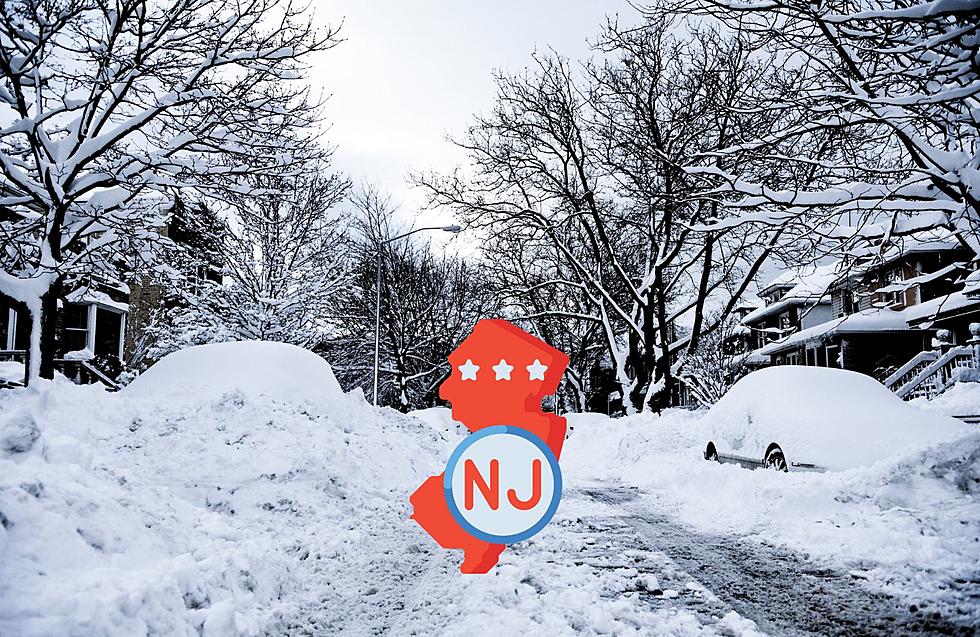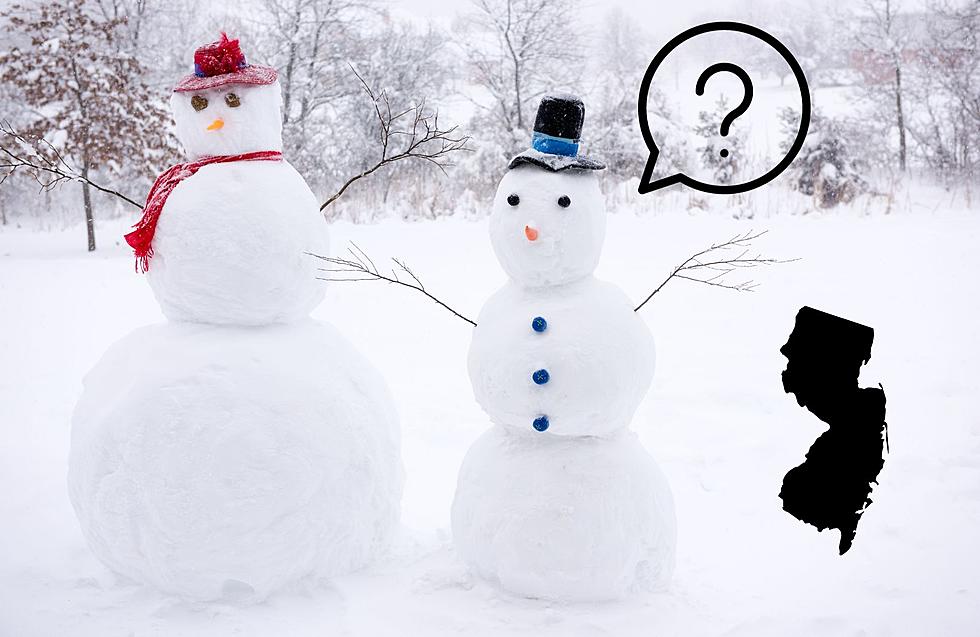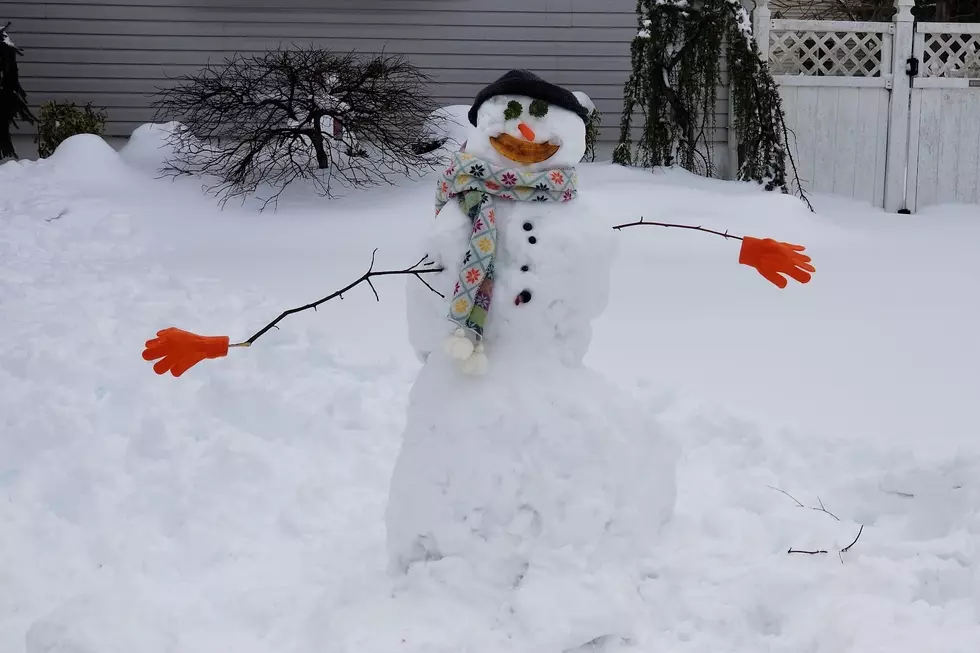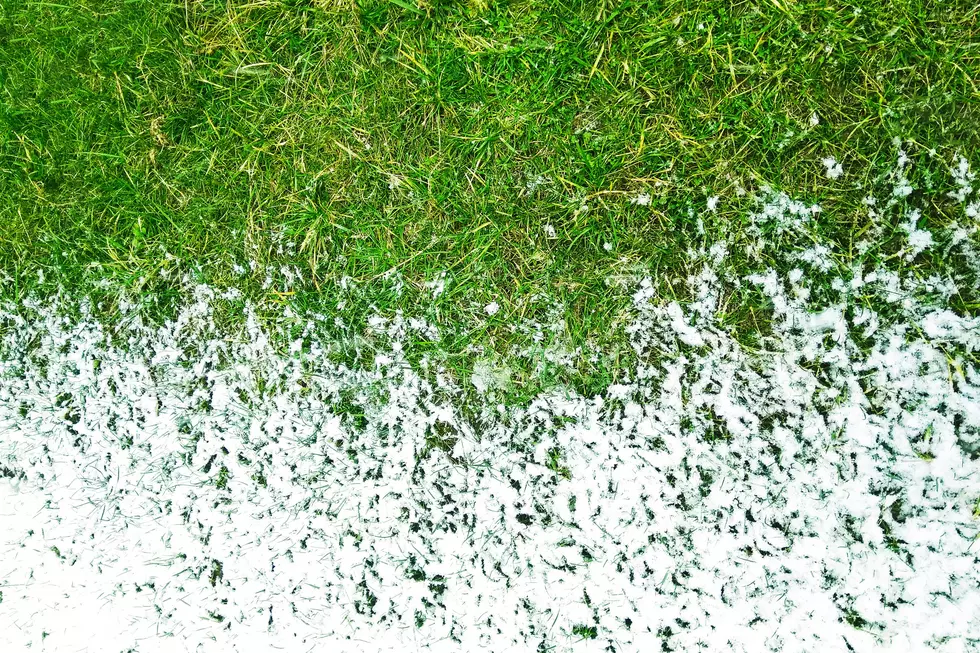
Before you head out and shovel the snow, be mindful of these key health signs
Whether it's a few inches or a foot or more of snow out there to shovel, your body can pay the price if you lack proper form or if you have a previous health condition.
You wouldn't go to the gym or working out without warming up, so Dr. Ramil Bhatnagar, Chairman, Department of Orthopedic Surgery and Chief, Division of Spinal Surgery at Jersey Shore University Medical Center, explains that you should stretch before going out and when you do, use good mechanics.
"What that means is lifting the load close to your body," Dr. Bhatnagar said. "Whenever you're shoveling snow, by definition, you're bending to shovel it but you have to keep that shovel close to you when the snow's on it and know your limits, you should take weight that you can easily handle."
As tempting as it may be to get things done quickly shoveling or show off your strength, it's not a good idea to bend down to pick up snow and then twist and chuck it over your shoulder and across the yard.
"Ideally, you're going to take the snow, keep it on your shovel, keep it close to you and the drop it to the side wherever you're going to drop it without doing that whole twisting maneuver," Dr. Bhatnagar said. "The closer you are to where you drop it, it requires the least amount of exertion, so that would be the ideal way to do things."
Your technique with shoveling snow is important not just to prevent a back injury but from anything happening to your arms and shoulders as well so keep the snow close and dump it nearby but also make sure your grip is on point too.
"You can switch arms every once in a while, most people who are right handed would use their left hand forward and the right hand on the handle, you can switch it up just so you lessen the exertion on the one shoulder or arm," Dr. Bhatnagar said. "Maybe do a row on one side, a row on the other, that can limit the risk of injury as well."
With form and technique in check, the next health factor to consider is the weight of snow you're putting on the shovel.
"You got to know your limitations," Dr. Bhatnagar said. "If you're picking up that snow, if you take a whole load that could be very heavy and that could lead to injuries."
If you find yourself sore or in some kind of pain after shoveling snow, there's a few remedies including ice to reduce inflammation and stretching even afterwards.
"It seems counterintuitive but if you stretch out a little bit, even after doing an activity that can help with some of the soreness," Dr. Bhatnagar said. "When you have a soreness, most of the time it's going to go away within a couple days. If it lasts longer than that, then certainly anti-inflammatories can be taken."
If it goes more than a couple days and you're in some kind of pain, it may be time to consult a doctor.
When it comes to the heart, Dr. Daniel Kiss -- a cardiologist at Jersey Shore University Medical Center -- explains that snow shoveling itself is a pretty demanding aerobic activity for the body which can cause its own level of stress.
"The act of shoveling snow actually causes a rapid rise in heart rate but more importantly in systolic blood pressure, so it generates sort of a high pressure heart rate related product which is considered a high intensity activity," Dr. Kiss tells Townsquare Media News.
For those who are typically sedentary or have underlying cardiovascular diseases, Dr. Kiss explains, have a greater risk of having a cardiac event by taking part in high intensity cardiovascular activities such as snow shoveling.
Depending on your individual condition, heading into the snow to shovel may be fine in some cases.
"People who have significant cardiovascular conditions should be under the care of an appropriate specialist -- a neurologist or a cardiovascular specialist -- to help guide them in terms of what activities are appropriate for them so maintaining regular care and following up with your doctor is important," Dr. Kiss said. "I think common sense rules apply, if you've had a heart attack before, if you have a heart condition or uncontrolled blood pressure -- things like this -- it's not a bad time to pay the local kids to get out there and shovel your driveway for you. The truth is if you have established risk factors for heart disease, especially as we get older, it's a reasonable conversation with your doctor to say, 'hey, listen, if it's snowing heavily, am I allowed to go out there and shovel? Am I allowed to go out there and participate and risk physical activities?'."
Whether or not you have a heart condition and do go out, there are signs to look out for that should be a red flag for any additional snow shoveling.
"If you're getting chest pains, shortness of breath, symptoms related to snow shoveling -- stop immediately and call for help," Dr. Kiss said.
How snow has impacted New Jersey residents

More From 94.3 The Point










